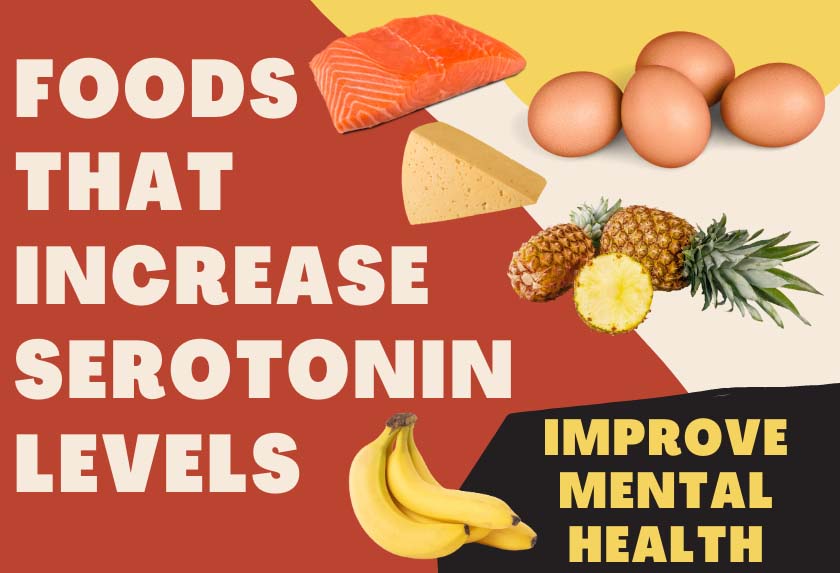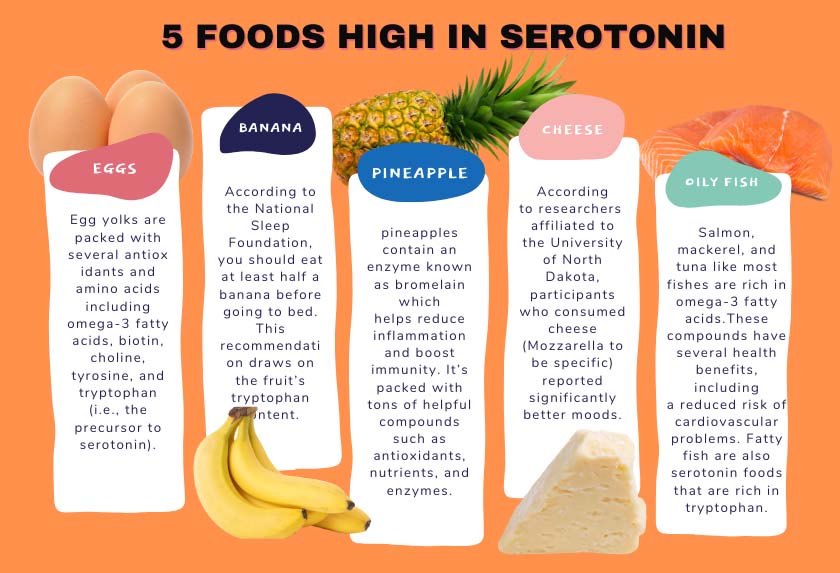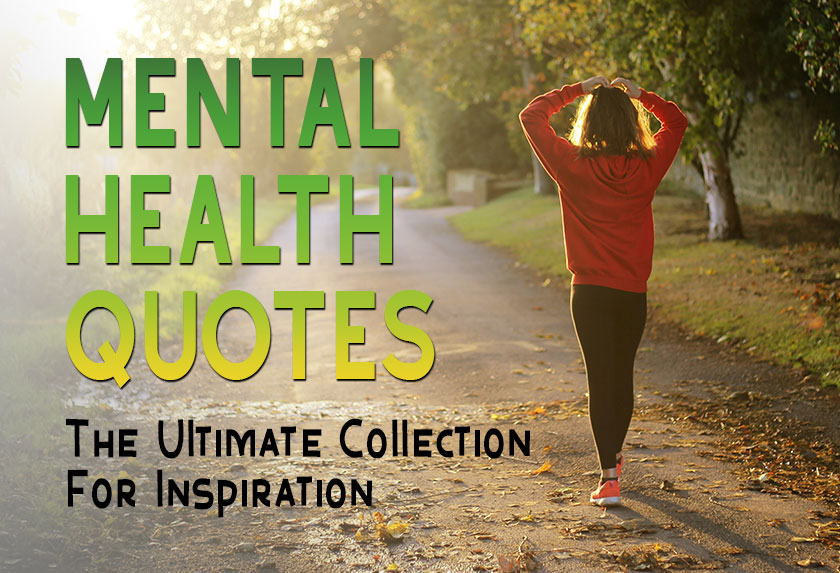Feeling down in the dumps? Serotonin might be the key to brightening your mood. Let’s explore how this “feel-good” chemical works and natural ways you can boost serotonin.
What is Serotonin and Why Does it Matter?
Serotonin is your brain’s happiness messenger. This neurotransmitter plays a crucial role in:
• Regulating mood
• Influencing sleep patterns
• Controlling appetite
• Promoting overall well-being
When serotonin levels dip, you might experience:
• Irritability
• Trouble sleeping
• Low appetite
• Carb cravings
• Feeling blue
The Serotonin-Tryptophan Connection
Here’s a fun fact: your body can’t directly absorb serotonin from food. Instead, it relies on tryptophan, an amino acid that’s the building block for serotonin.
But there’s a catch – tryptophan needs a little help to cross the blood-brain barrier. The solution? Pair tryptophan-rich foods with healthy carbs. It’s like giving your brain’s bouncer a VIP pass for tryptophan!
Serotonin’s Role in Your Body
Beyond just mood regulation, serotonin wears many hats:
Brain Health: It’s the target for many antidepressants, helping to balance mood and reduce anxiety.
Digestion: Serotonin acts as a gut protector, regulating appetite and bowel function.
Sleep: It’s a key player in your sleep-wake cycle, influencing when and how well you snooze.
Blood Clotting: Serotonin helps heal wounds by promoting blood clotting.
Serotonin-Boosting Foods: Your Natural Mood Enhancers
Ready to eat your way to happiness? Here are some serotonin-friendly foods to add to your shopping list:
Eggs: Nature’s Multivitamin
Packed with tryptophan, omega-3s, and other brain-boosting nutrients. Pair with whole-grain toast for maximum benefit.
Bananas: The Bedtime Snack
Rich in tryptophan and carbs, making them a perfect pre-sleep treat. The National Sleep Foundation recommends half a banana before bed.
Pineapple: Tropical Mood Booster
Not only delicious but also contains bromelain, an anti-inflammatory enzyme. It even has trace amounts of serotonin itself!
Cheese: Say “Cheese” for Real
A study from the University of North Dakota found that mozzarella cheese significantly improved participants’ moods.
Fatty Fish: Brain Food Supreme
Salmon, mackerel, and tuna are rich in omega-3s and tryptophan. Double win for your brain and mood!
Turkey: Not Just for Thanksgiving
Famous for its tryptophan content, turkey might help you feel content year-round.
Nuts and Seeds: Handful of Happiness
Whether you prefer cashews, almonds, or pumpkin seeds, they’re all packed with mood-boosting nutrients.
Probiotics: Gut-Brain Connection
Kimchi, yogurt, and other fermented foods can boost serotonin levels through your gut microbiome.
Beyond the Plate: Other Serotonin-Boosting Activities
While diet plays a crucial role, there are other ways to naturally increase your serotonin levels:
Soak Up Some Sun
Bright light exposure, especially sunlight, can boost serotonin production. No wonder we often feel happier in summer!
Get a Massage
Research shows that massage therapy can increase serotonin and dopamine levels while reducing stress hormones.
Break a Sweat
Exercise isn’t just good for your body – it’s a mood booster too. Any activity that gets your heart pumping can help release serotonin.
Practice Positivity
Visualizing happy memories or looking at photos of loved ones can trigger a serotonin release. It’s like a mental hug for your brain!
The Dark Side: Serotonin and Addiction
While serotonin is generally associated with positive feelings, it also plays a complex role in addiction. Studies have shown that many drugs of abuse affect the serotonin system, potentially contributing to addictive behaviors.
FAQs About Serotonin
Q: Can I take serotonin supplements?
A: Serotonin supplements aren’t effective as they can’t cross the blood-brain barrier. Focus on tryptophan-rich foods and natural boosting methods instead.
Q: How quickly can I feel the effects of increasing serotonin?
A: It varies, but many people report feeling improvements in mood within a few weeks of consistent dietary changes and lifestyle adjustments.
Q: Can too much serotonin be harmful?
A: Yes, a condition called serotonin syndrome can occur, usually from medication interactions. Always consult with a healthcare provider about significant changes to your diet or supplement regimen.
Q: Is serotonin the same as melatonin?
A: No, but they’re related. Serotonin is a precursor to melatonin, which regulates sleep cycles.
Q: Can children benefit from serotonin-boosting foods?
A: Yes, a balanced diet rich in tryptophan can support healthy brain development and mood regulation in children.
Remember, while these natural methods can help boost your mood, persistent feelings of depression or anxiety warrant a conversation with a healthcare professional. Your mental health matters, and there’s no shame in seeking help when needed.














